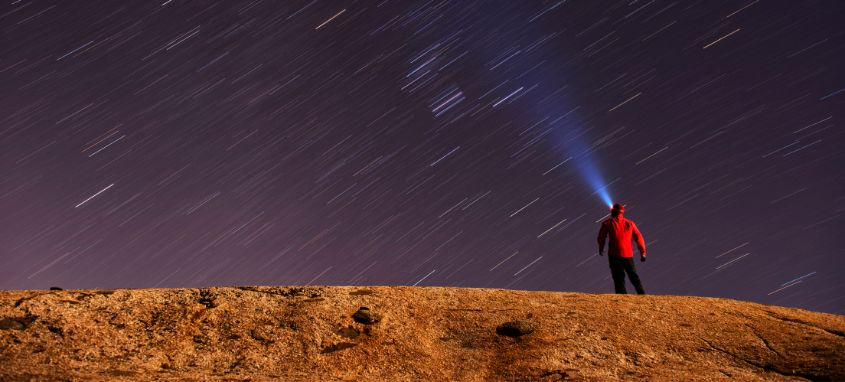Drawing inspiration from explorers to face uncertainty

Corporate leaders are frequently confronted with turbulence whose consequences are difficult to predict. How can they draw inspiration from great explorers to account for uncertainty in their strategic steering?
Edmund Hillary was, along with Tensing Norgay, the first mountaineer to scale Everest, in 1953. A key point emerges from his accounts: that being able to handle uncertainty is at the heart of the success of such expeditions. This challenge is shared by many business leaders, faced with turbulence whose consequences are difficult to predict. Financial crises, pandemics, geopolitical crises, weather-related accidents…: so many events that are liable to take place without it truly being possible to anticipate their occurrence or their repercussions. On top of this come technological disruptions and radical transformations, including in mature sectors. This is, for example, the case in the automotive industry, with the electric motor and the automation of vehicles; in the mining industry, which needs to decarbonize; or in the banking sector, which has to anticipate the ramifications of the blockchain and competition from players such as Apple or Amazon in the payments field.
And yet, taking uncertainty into account in our strategic planning is far from straightforward. Although many organizations have adapted the way they draw up and steer their plans, they continue to face numerous difficulties. How can they build robust scenarios when the available data—on market reactions, for example—tends to quickly become obsolete? How can they sustain mobilization around their ambitions when trajectories are regularly diverted? To explore such questions, we benefit from turning to seasoned explorers and extreme athletes. Climbing Everest, rowing across the Atlantic or reaching the North Pole solo requires a solid plan and meticulous preparation. At the same time, explorers also know that the plan cannot be followed to the letter—because nothing will go as expected. How can they nonetheless give themselves every chance of success? The feedback from these experts in uncertainty opens up some stimulating lines of thought—for example, preparing for multiple scenarios while anticipating that the situation on the ground will surely be different; combining historical data with data derived from direct observation to avoid being taken by surprise; learning to psychologically integrate the impossibility of being perfectly prepared. A valuable basis for reflection when seeking to arm ourselves in the face of the unpredictable.
In this synopsis:
– Characterizing the uncertainty you are facing
– Leading in uncertainty: 4 lessons from great explorers
– Explorers’ advice to better withstand chronic uncertainty
SubscriberSign in
to download
the synopse (8 p.)
VisitorI want to buy
this synopsis (8 p.)
VisitorI want
to subscribe
See also

Developing your intuition for risk
Completing risk-detection systems by cultivating collective intuition.

Navigating uncertainty
Geopolitical conflicts, climate change, technological disruptions… Uncertainty is now permanent and extended to every domain. What reflexes need to be acquired to approach uncertain situations with dynamism and optimism?

Preparing for an uncertain future
In times of turmoil and strong uncertainty, how can you manage beyond simply coping with the situation? One solution consists in accepting the inevitable nature of uncertainty: the challenge comes not in minimizing it, but in managing it.



